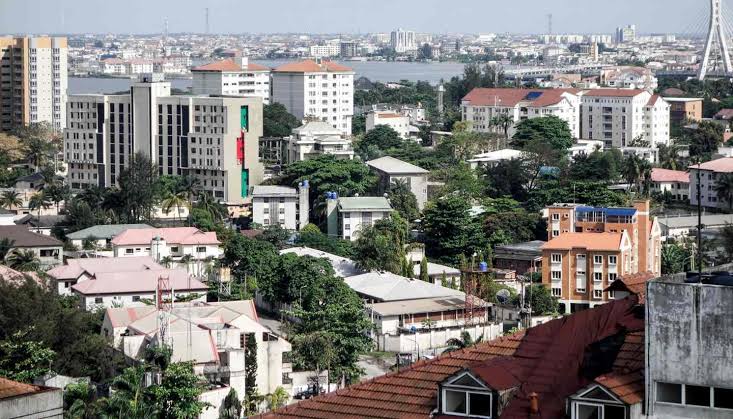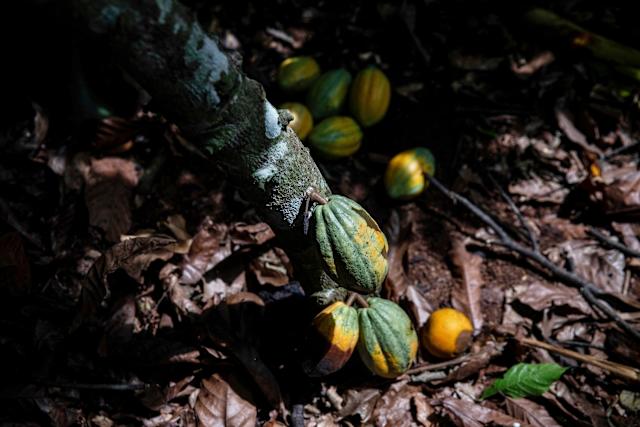
Nigeria’s Top 10 Most Expensive States Amid Economic Turmoil

Nigeria grapples with severe economic challenges marked by an unprecedented surge in living costs, propelled by an alarming inflation rate of 28.92% – the highest in 21 years. Regional disparities intensify the impact, as outlined in the latest National Bureau of Statistics (NBS) report. Examining the root causes, escalating food prices, exacerbated by security concerns in agricultural zones and rising transportation costs, stand out prominently.
Delving into the NBS’s December 2023 data, the top 10 states with the highest cost of living come to the forefront:
1. Kogi emerges as the most expensive state, boasting a 35.6% all-items inflation and a significant surge in food inflation to 44.7%.
2. Lagos secures the 2nd position with a 32.3% all-items inflation and a food inflation rate of 39.3%.
3. Rivers maintains the 3rd spot with a 32.1% all-items inflation, accompanied by a reduced food inflation rate of 38.6%.
4. Bayelsa records a 32.0% all-items inflation rate, with food inflation spiking to 38.4%.
5. Bauchi stands at 31.6% all-items inflation, with a slight increase in food inflation to 27.5%.
6. Abia, ranking 6th, experiences a notable increase in all-items inflation to 31.3%, with food inflation at 37.2%.
7. Oyo holds the 7th spot with a 31.3% all-item inflation, emphasizing the role of food prices, particularly with a 34.3% food inflation rate.
8. Ogun, entering the ranking at 8th place, reports a 31.3% all-item inflation, with food inflation surging to 38.6%.
9. Akwa Ibom matches Ebonyi’s 31.1% all-item inflation but has a higher food inflation rate at 37.4%.
10. Ebonyi witnesses an all-items inflation rate of 31.1%, with food inflation at 35.74%.
This analysis sheds light on the economic pressures faced by Nigerians in different regions, underlining the multifaceted challenges contributing to the nation’s economic landscape.
Read more: Ogun State Police Release ‘Long List’ of Commanders Contacts, Netizens React
About The Author
Related Articles
Ivory Coast to Buy Unsold Cocoa to Support Farmers
Ivory Coast has announced a government plan to purchase unsold cocoa stock...
ByWest Africa WeeklyJanuary 23, 2026Ghana Moves to Reclaim Kwame Nkrumah’s Former Residence in Guinea
Ghana has embarked on a diplomatic and cultural initiative to reclaim the...
ByWest Africa WeeklyJanuary 23, 2026Senegal Honors Players and Coach After AFCON Triumph
Senegal has formally honored its Africa Cup of Nations winning team, awarding...
ByWest Africa WeeklyJanuary 23, 2026Burkina Faso, Mali, and Niger Turn to Russia for Shared Telecom Network
Burkina Faso, Mali, and Niger have announced plans to develop the Sahel’s...
ByWest Africa WeeklyJanuary 23, 2026











